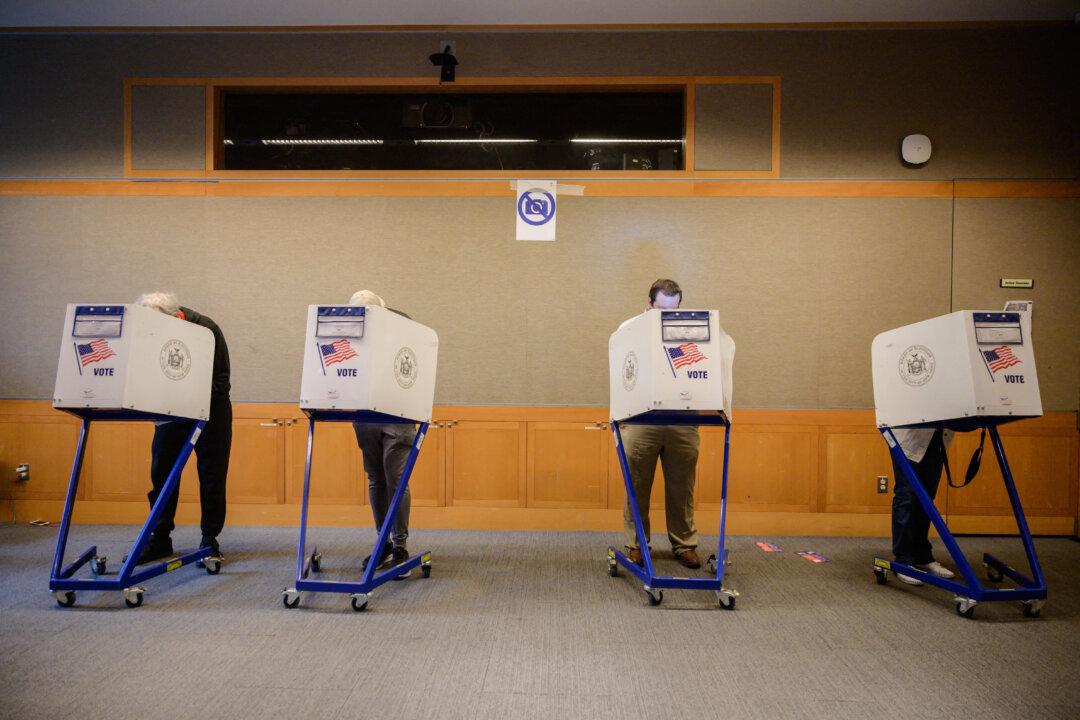The North Carolina Supreme Court on April 28 overturned a prior ruling that struck down alleged partisan gerrymandering, giving the state GOP a chance to come up with new congressional lines that favor Republicans.
In a 5–2 ruling (pdf), the state’s highest court struck down an order that was previously issued by the same court. The prior 4–3 Democrat majority on the state Supreme Court had struck down a Republican-drawn congressional map in an early 2022 ruling.





